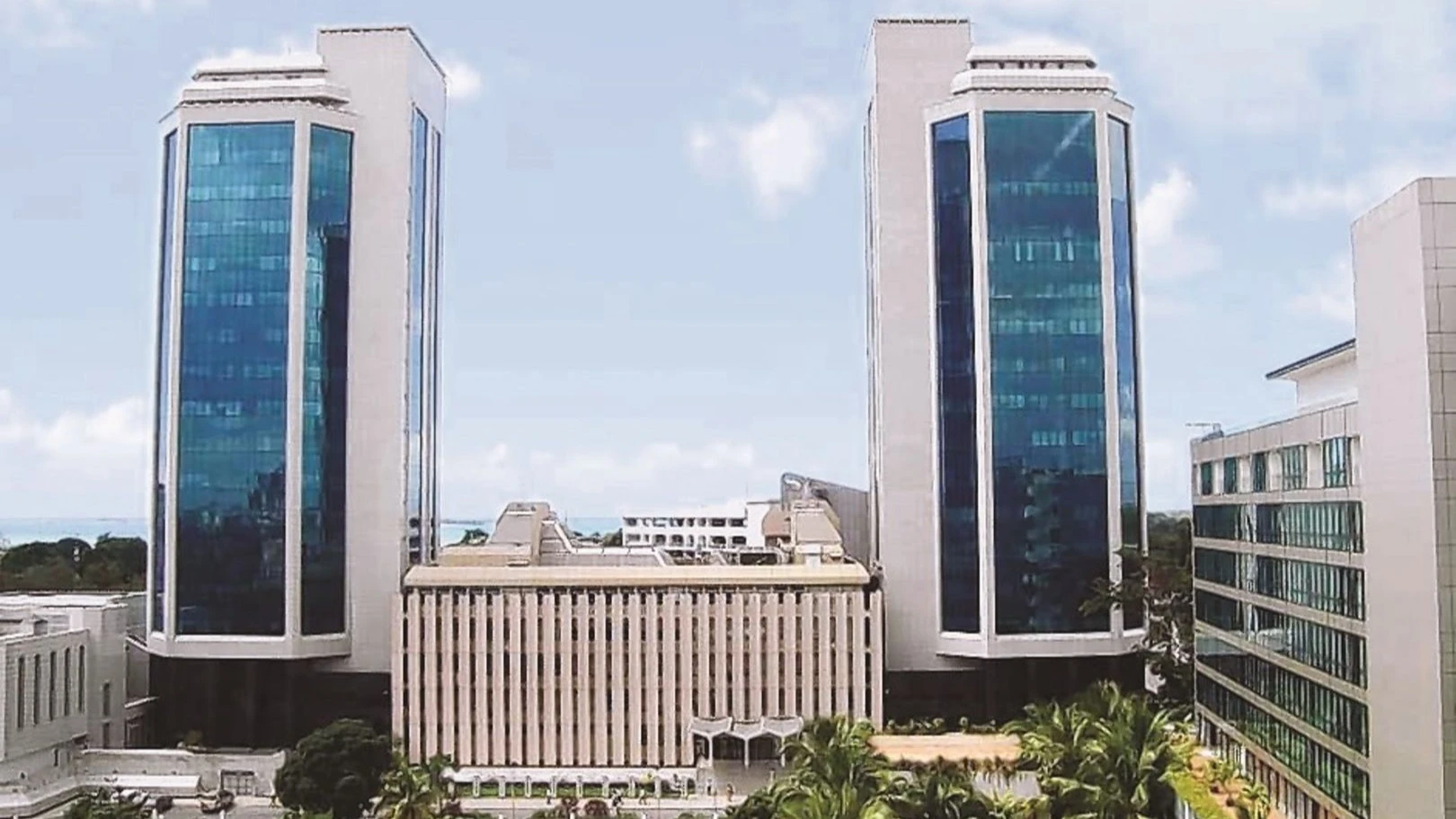

Global geopolitical tensions, including the conflict in Ukraine and escalating unrest in the Middle East, have created an atmosphere of uncertainty that continues to strain Africa’s trade environment. Restrictive financial conditions and high interest rates have further constrained investment opportunities, underscoring the urgency of addressing systemic barriers stalling Africa’s economic integration.
Foreign direct investment (FDI), a crucial driver of economic development, saw a 3.5 percent decline, falling to $52.6 billion in 2023 from $54.5 billion in the previous year. This reduction was particularly pronounced in South Africa and Egypt, historically two of the continent’s top recipients of FDI. Despite these challenges, East Africa exhibited resilience, with Ethiopia and Uganda drawing significant investments thanks to policy reforms and macroeconomic stability. Uganda’s liberalized business environment and Ethiopia’s consistent growth trends have positioned these nations as emerging hubs for investment.
Regional trade trends revealed diverse outcomes. Southern Africa maintained its dominance, accounting for 41.1 percent of intra-African trade, largely driven by South Africa’s contributions. In 2023, South Africa’s trade within the continent totaled $39.2 billion, slightly lower than the $39.9 billion recorded in 2022. Other significant contributors included Côte d’Ivoire, with over $9 billion in trade, and Mali, which experienced an 18.1 percent surge to $8.9 billion. Egypt also recorded steady growth, with trade increasing by 11.4 percent to $8.3 billion. These figures highlight the critical roles of these nations in advancing trade integration.
Despite these hurdles, Africa’s trade framework offers a pathway to significant opportunities. The African Continental Free Trade Area (AfCFTA) holds transformative potential to elevate intra-African trade by removing tariff and non-tariff barriers. Achieving this vision requires strategic investments in infrastructure, efficient customs systems, and robust dispute resolution mechanisms. These steps are essential to fostering a competitive and integrated trade ecosystem that benefits all regions of the continent.
The broader vision for Africa lies in leveraging its abundant resources and dynamic demographics to strengthen intra-regional collaboration. Policies enhancing connectivity and encouraging partnerships are vital for redefining the continent’s role in global trade. Although the journey toward economic unity is fraught with obstacles, the commitment to innovative solutions and collective action holds the promise of a brighter and more interconnected future. However, the decline in intra-African trade to $190.9 billion in 2023, representing only 14.4 percent of the continent’s total trade, underscores the urgent need to overcome persistent barriers. Reversing this trend is critical for unlocking the full potential of Africa’s integration efforts.


